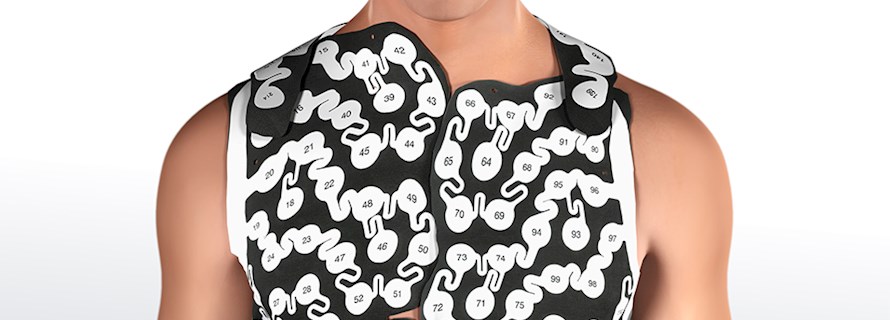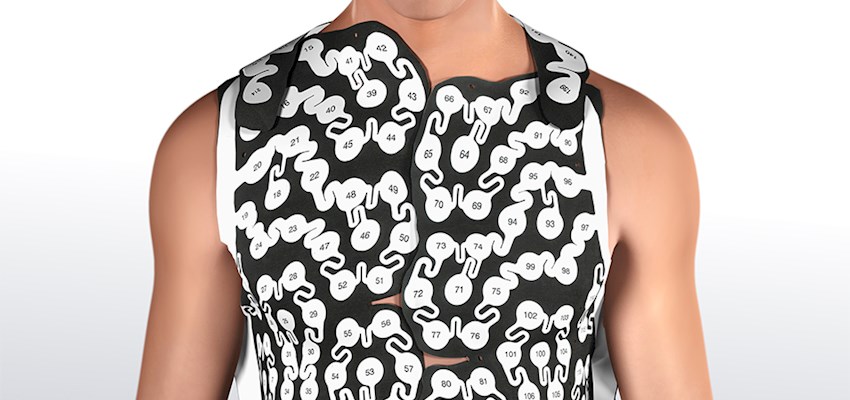What role does the rhythm of our heart play?
A group of cells in the top chamber of your heart make up your sinus node - your internal pacemaker. This sets the rhythm and pace of your heart. First it fires an electrical signal to your atria and atrioventricular node. From there, the electrical signal passes through pathways of fibres in the lower chambers of your heart. These signals tell your heart chambers when to contract and expand.
If there’s something wrong with the electrical sequence, your heart might beat with an irregular pattern, or go too fast or too slow. The most common abnormal heart rhythm is atrial fibrillation. This happens when the top chambers of your heart are electrically chaotic, which stops them from working.
You might feel heart palpitations, you might feel dizzy and tired, or you might not have any symptoms at all. Whatever the case, our heart rhythm specialists can explain whether it’s something you can manage with medicines, or whether you’d benefit from treatment like an ablation, a procedure to correct irregular heart rhythms.
Our consultants pioneered the treatment of irregular heartbeats
For instance, among our consultant cardiac electrophysiologists is the one of the first people to perform cryoablation treatment of atrial fibrillation, using a balloon catheter to locate and freeze the heart tissue that causes an irregular heartbeat. Another consultant carried out the world’s first ablation without X-rays.
Our consultants often team up to perform the most complicated procedures together. The extra expertise in the room can make all the difference for patients with complex needs.
Diagnosing and treating heart rhythm problems
Diagnosing irregular rhythms
Medical management of irregular rhythms
Performing catheter ablations
Implanting a pacemaker or ICD
The world’s first radiation-free ablation
Pacemakers without wires
Mapping previously undetectable arrhythmias
It can identify even the most infrequent electrical signal — so our consultants can treat an arrhythmia that would have been previously impossible to find.




Our cardiac hospitals
Our hospitals are internationally recognised. Our cardiac department brings together these different sites, our consultants, nurses, teams and technology. It’s all these elements combined that allow us to deliver outstanding care.
You'll feel like you're at home
Request a cardiac appointment
If heart symptoms are affecting your quality of life, we’re here to help. Our heart team is available to book an appointment with a cardiac specialist.
Call us today
020 7616 4988